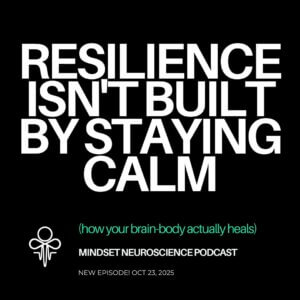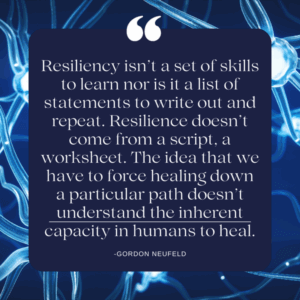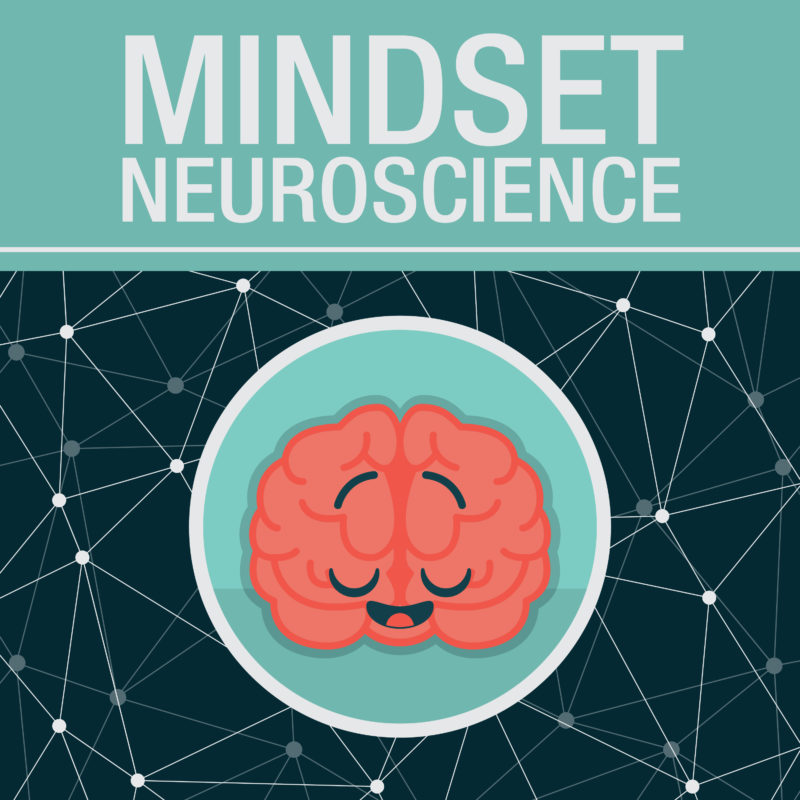Resilience isn't built by staying calm.
Resilience also doesn't happen by following a script or filling out a worksheet.
It's built through rupture, repair, and range.
It's about in-the-moment-flexibility, adaptation, and widening our repertoire of strategies and scenarios of what we can handle.
I love leading research teams on enhancing human performance and resilience. It helps us get clear about what we actually mean by those words... What do we want humans to 'perform'? What does resilience mean?
One of the biggest factors that comes out of research is that flexibility - and the ability to engage a wide range and repertoire of strategies - is key to resilience.
Listen on:
Listen on media player:

As Allen Schore states in Affect Dysregulation and Disorders of the Self:
“Dysfunction of psychobiological regulatory systems is most obvious under stressful and challenging conditions that call for behavioral flexibility and affect regulation [...] what is not adaptive is a lack of variability in the individual faced with environmental demands that call for alternative choices and strategies for change”.
This episode dives into Human Systems Resilience—how our interconnected brain-body-environment networks help us navigate stress, recover from rupture, and build adaptive flexibility.

Discover how micro-growth, self-transcendent purpose, and intelligent boundaries are essential for optimizing energy and sustaining long-term well-being, both individually and collectively.
- 00:02 – What does resilience truly mean in systems thinking?
- 04:48 – Can chronic stress disrupt our nervous system’s baseline?
- 06:43 – The hidden cost of overreacting to perceived threats
- 08:08 – Are you falling for "golden ticket" thinking?
- 09:48 – Why do resilient systems rely on rupture and repair?
- 11:51 – How do relationships foster neural flexibility?
- 14:00 – The science behind effective recovery after conflict
- 15:59 – What does it mean to have a "mission-capable" system?
- 18:58 – How does pathway thinking boost self-agency?
- 22:28 – The overlooked assets that protect your brain-body system
Curious how these concepts can help you optimize your own 'neural resilience', energy, and self-agency? Listen to the full episode to explore embodied knowledge, systems resilience, and actionable research for your daily life.
Stop chasing control. Stop chasing certainty. Start building flexibility and range.
—Stefanie
Human Systems Intelligence & Resilience
Brain-Body Mapping + Consultant for enhanced performance
P.S. Share this episode or explore more at Mindset Neuroscience Podcast. This content is for educational purposes and not a substitute for medical advice.
.

